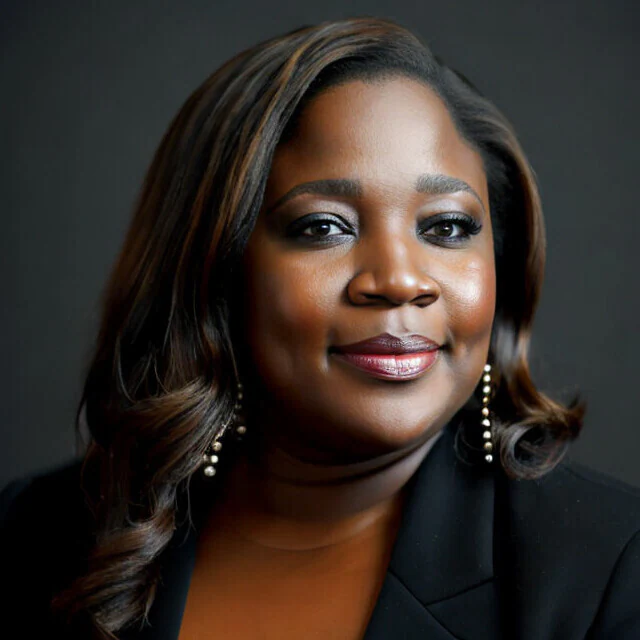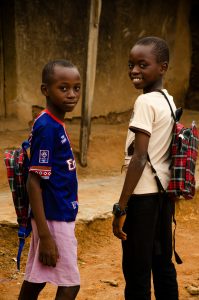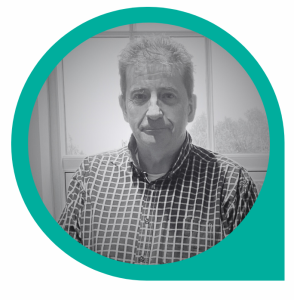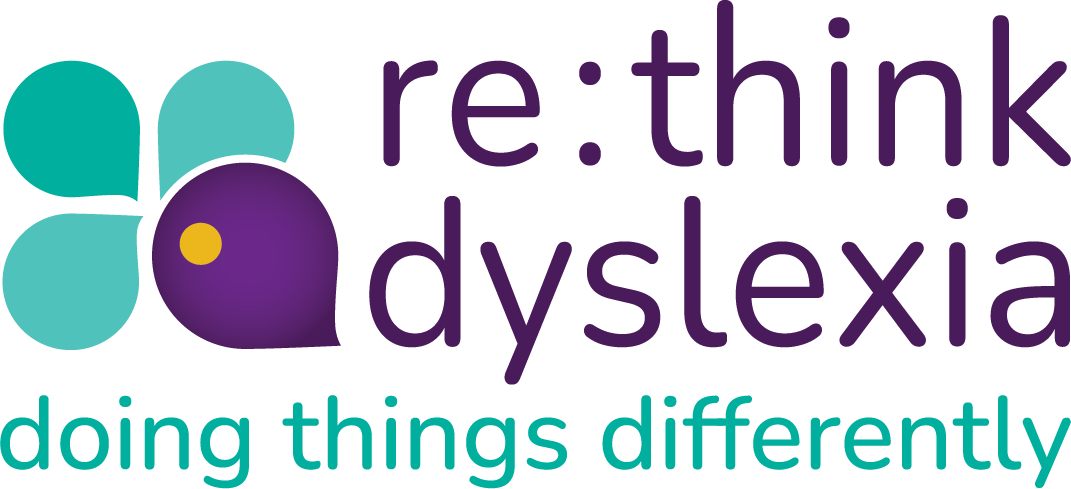
By Ross Duncan
Rosalin Abigail Kyere-Nartey’s journey from being an undiagnosed dyslexic child in Ghana to becoming a globally recognised advocate for neurodiversity is nothing short of remarkable. Her story, marked by late
A Silent Struggle Turned Into Purpose
Rosalin couldn’t read until she was 17 and wasn’t diagnosed with dyslexia until the age of 30. Her early years in the classroom were defined by confusion and invisibility. Misunderstood by teachers and mislabeled by peers, she carried a deep sense of failure—despite a wellspring of untapped potential. Growing up in Ghana, where awareness of dyslexia remains limited, she was often accused of being lazy or careless. But with her diagnosis came clarity. “It wasn’t a lack of intelligence; it was a different way of processing the world,” she says. That realisation transformed her shame into purpose. “My voice could validate the hidden struggles of others. That’s when advocacy became non-negotiable.”
Global Recognition and the Power of Visibility
In 2025, Rosalin received the Global Champion Award at the Black Literacy Matters Conference. The recognition was deeply personal. “It validated a journey that began in silence and self-doubt,” she reflects. But more importantly, it amplified her mission, showing that dyslexia advocacy in Africa matters on a global stage. She dedicated the award to the children of Africa, those who, like her, struggle in systems that don’t recognise how they learn. “That dedication was a promise,” she says. “That we will fight for their right to read, to be understood, and to thrive.” Conversations at the conference underscored the global movement for literacy justice and neurodiversity. “Inclusion must be a mindset, not a checkbox,” she emphasises.
Building the Africa Dyslexia Organisation (ADO)
Rosalin founded the Africa Dyslexia Organisation (ADO) to provide the voice and support she never had. The organisation was born out of a need to fill glaring gaps in awareness, policy, and training. “There were no policies, no training, no national dialogue on dyslexia”, she says. “We needed to build something from the ground up.” ADO’s approach centers on multisensory learning and teacher training, key tools for engaging dyslexic learners. “Dyslexia is about how information is processed. Trained teachers and the right methods can make all the difference.” Through partnerships with UNESCO, Nessy Learning, and NoticeAbility, ADO has developed a powerful ecosystem of support, combining awareness, intervention, and empowerment. A current initiative in Ghana has already trained over 800 teachers. Some public schools have begun screening students and adapting instruction, a ripple effect that is transforming entire districts.
Confronting Misconceptions and Driving Policy Change
ADO’s research suggests that up to 20% of Ghanaian children may have dyslexia. Yet myths persist, and many still believe dyslexia stems from laziness, disobedience, or even spiritual causes. These misconceptions delay crucial interventions and fuel stigma. Rosalin is calling for mandatory dyslexia training in teacher education colleges. While still in early stages, progress is being made, with pilot programs underway and education ministries engaged in dialogue. Systemic barriers remain: overcrowded classrooms, lack of resources, and cultural stigma, but Rosalin is undeterred. “We must disrupt that cycle with policy, training, and cultural change.”
A Bold Vision for the Continent
Rosalin’s long-term vision is clear: an Africa where no child is left behind because of how they learn. She dreams of classrooms designed for inclusion, national policies recognising neurodiversity, and an education system that empowers all learners. To achieve this, ADO is scaling its efforts beyond Ghana. A key pillar is the newly formed Dyslexia Alliance Africa, a continental platform uniting organisations to influence policy and share best practices. Another is the Africa Dyslexia Advocate Fellowship, a leadership program nurturing a network of 1,000 grassroots advocates across all 54 African countries by 2030. Additionally, ADO is building a large-scale teacher training platform—an ambitious EdTech initiative to equip one million African educators with dyslexia-inclusive tools.
Everyone Has a Role
Governments must lead with policy. NGOs must innovate. The private sector must invest in sustainable inclusion strategies. “This is not just about education,” Rosalin says. “It’s about nation-building.” She urges individuals everywhere to support the mission—by amplifying the message, funding programs, partnering with ADO, and starting conversations about learning differences in their own communities.
Changing the Narrative on Neurodiversity
Rosalin views dyslexia not as a disability, but as a different and powerful way of thinking. “We need to spotlight the strengths of neurodivergent thinkers—creativity, problem-solving, innovation,” she says. By celebrating diverse minds, society can begin to design for inclusion, not the exception. Her message to young people struggling in silence is one of hope: “You are not broken. You are brilliant in your own way. Keep going. One day, your story will help someone else rise, just as I hope mine helps you today.”

